Thousands protest in Brussels as cost of living crisis deepens
Thousands of demonstrators have rallied in the streets of Brussels to protest against the rising costs of living, disrupting public transport systems and disarranging this week’s European Union (EU) summit.
According to the Brussels police, 16,500 protesters showed up at the demonstration on Friday, demanding better pay and working conditions in line with soaring inflation across Europe.
Chanting slogans and holding up banners, the demonstrators also called on government officials to increase wages and salaries for pensioners.
Following Russia’s military campaign against Ukraine, the price of gas and electricity surged across Europe, with Belgium’s headline inflation rate reaching 10.63 percent in November, while consumer inflation in the eurozone as a whole is around 10 percent.
“You get back home to your children, you want your house to be warm. You should not be having to make calculations on using energy,” said one demonstrator.
Brussels airport announced that flights should be canceled as a result of the protests, while the local police said that traffic was disrupted due to the public demonstrations.
Most European countries are grappling with a cost of living crisis that has prompted various social groups to take industrial action and go on strike for higher wages in line with inflation.
The damaging effects of soaring inflation across the European countries, especially the UK, have crippled the economy, laying a heavy weight on ordinary citizens.
People in the UK are struggling to stay warm this winter and pay their heavy gas bills. According to YouGov’s newly released data, only one in six Britons have proper heating until their desired time.
German citizens, on the other side, have seen gas prices surge to more than 40 percent, which has come alongside an increase in rising living costs. The country’s inflation rate peaked in October at 10 percent – its highest in 70 years.
IRGC deploying ‘new weaponry’ during underway Ground Force drills
VIDEO | Press TV's news headlines
Another key hospital taken out of service by Israel in north Gaza
Iran's top medical association urges ‘safe’ release of Gaza hospital’s director
Hezbollah chief: Gen. Soleimani was a leader on strategic, intellectual levels
Euro-Med warns Dr. Abu Safiya’s life in great danger due to torture
MP: Israel violating ceasefire agreement with Hezbollah to make up for defeats
From Sayyed Hassan Nasrallah to Hind Rajab, biggest newsmakers of 2024


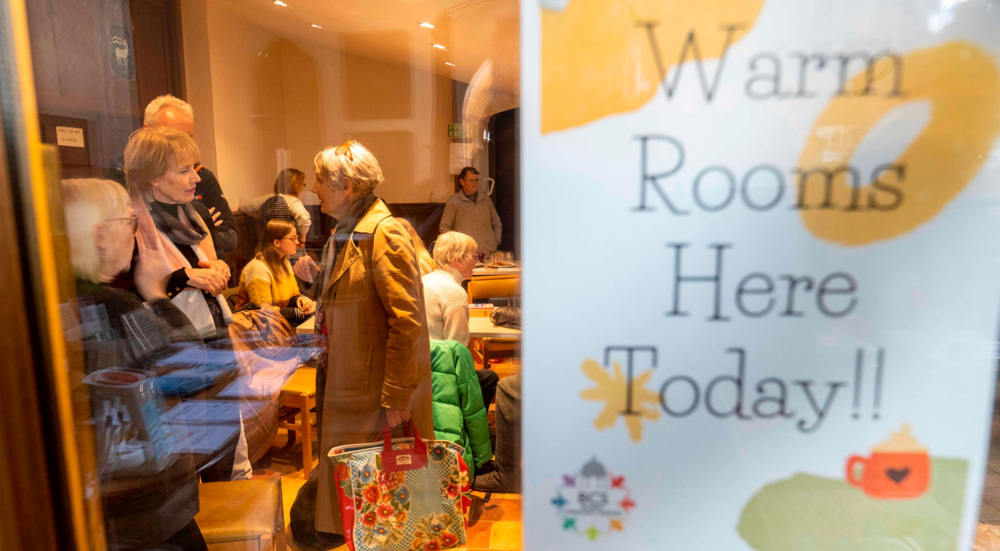
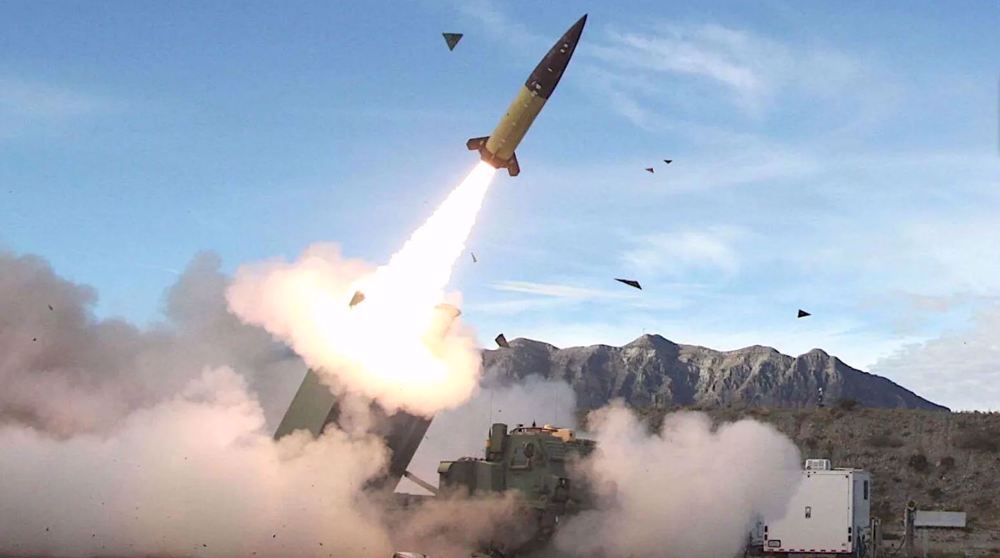
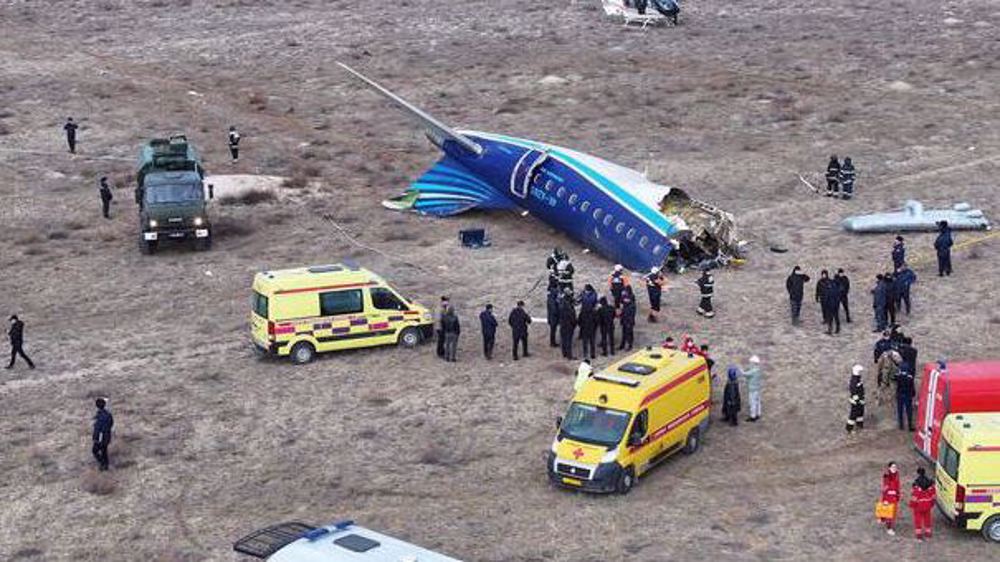




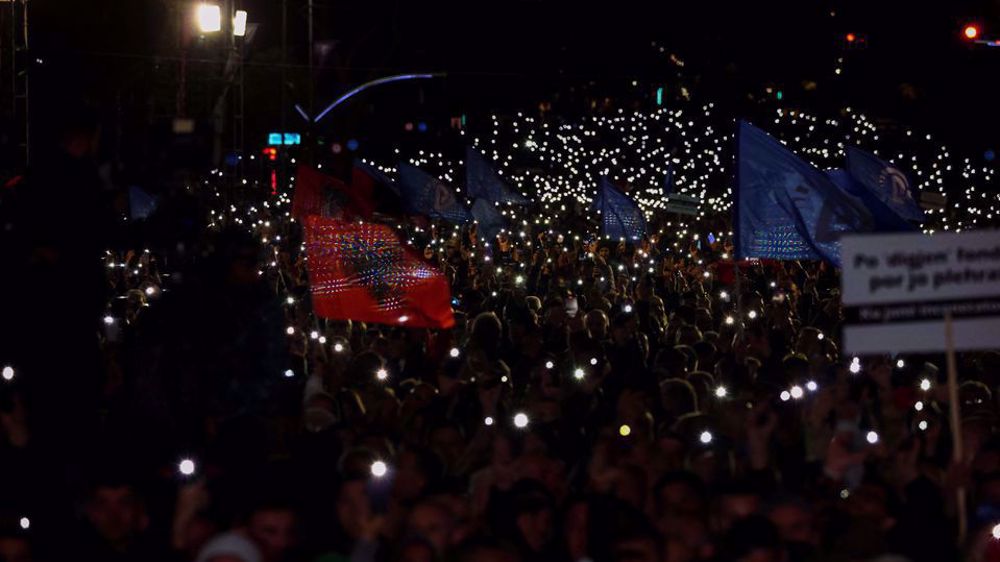
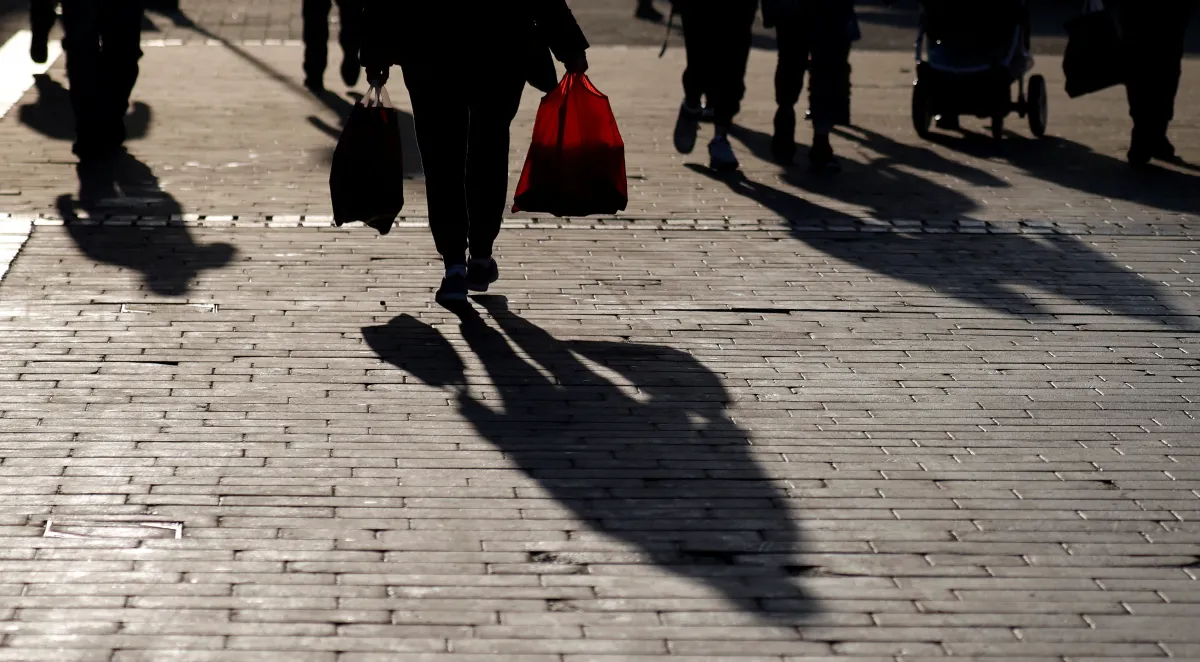

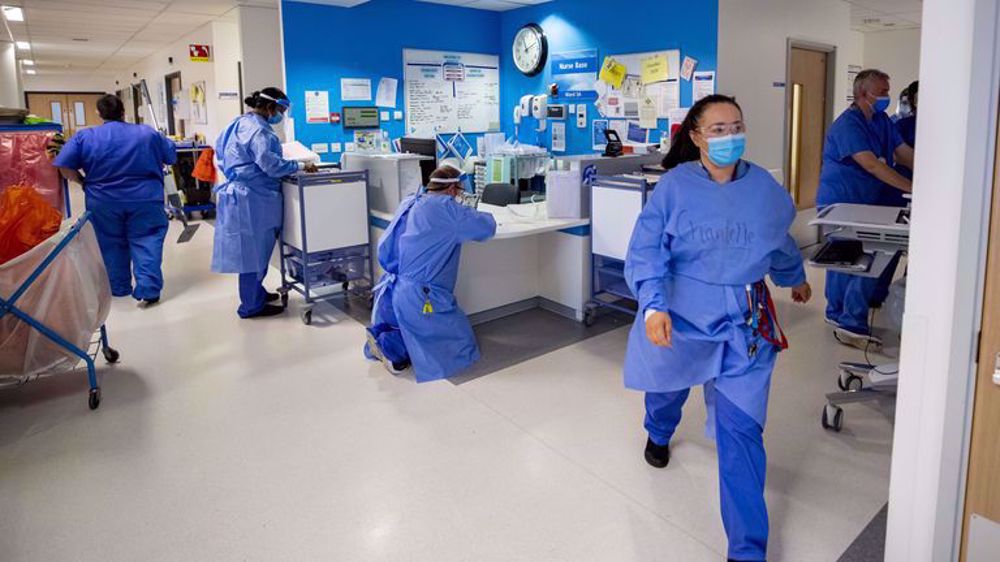
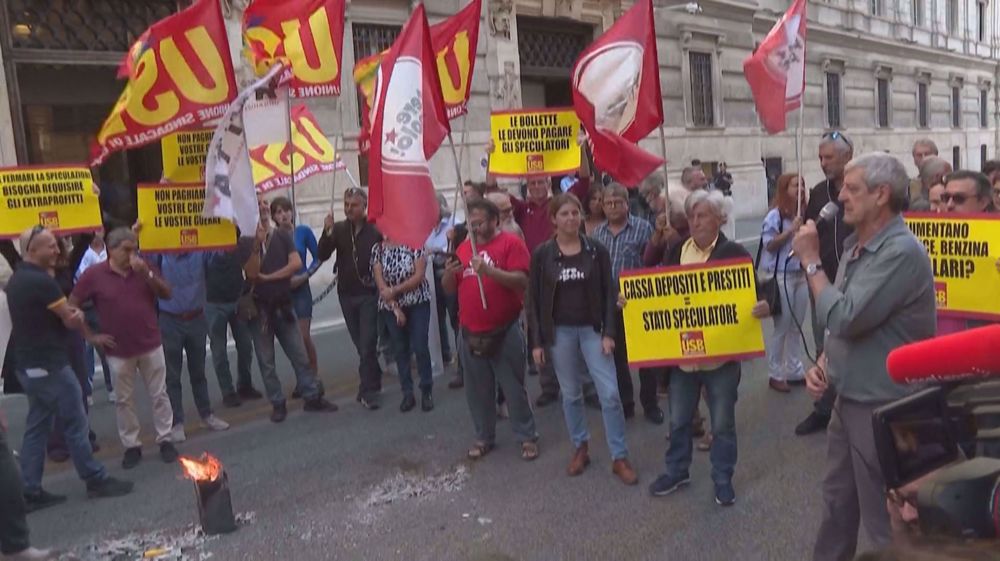
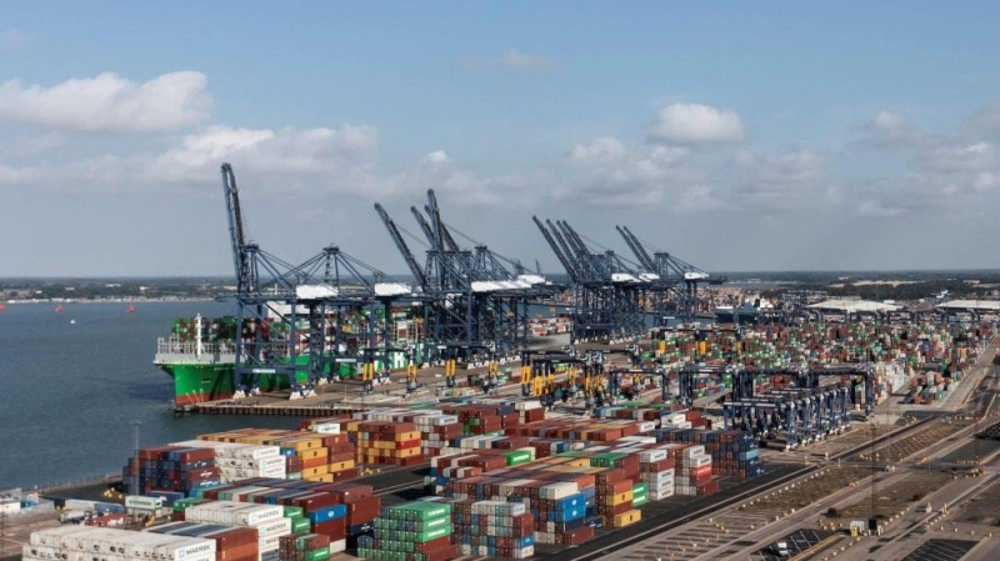
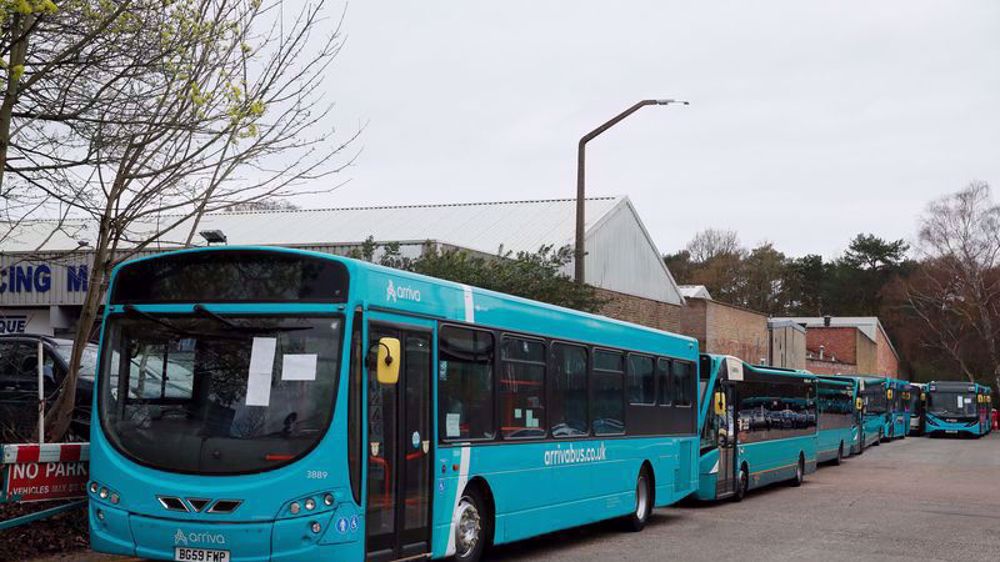

 This makes it easy to access the Press TV website
This makes it easy to access the Press TV website